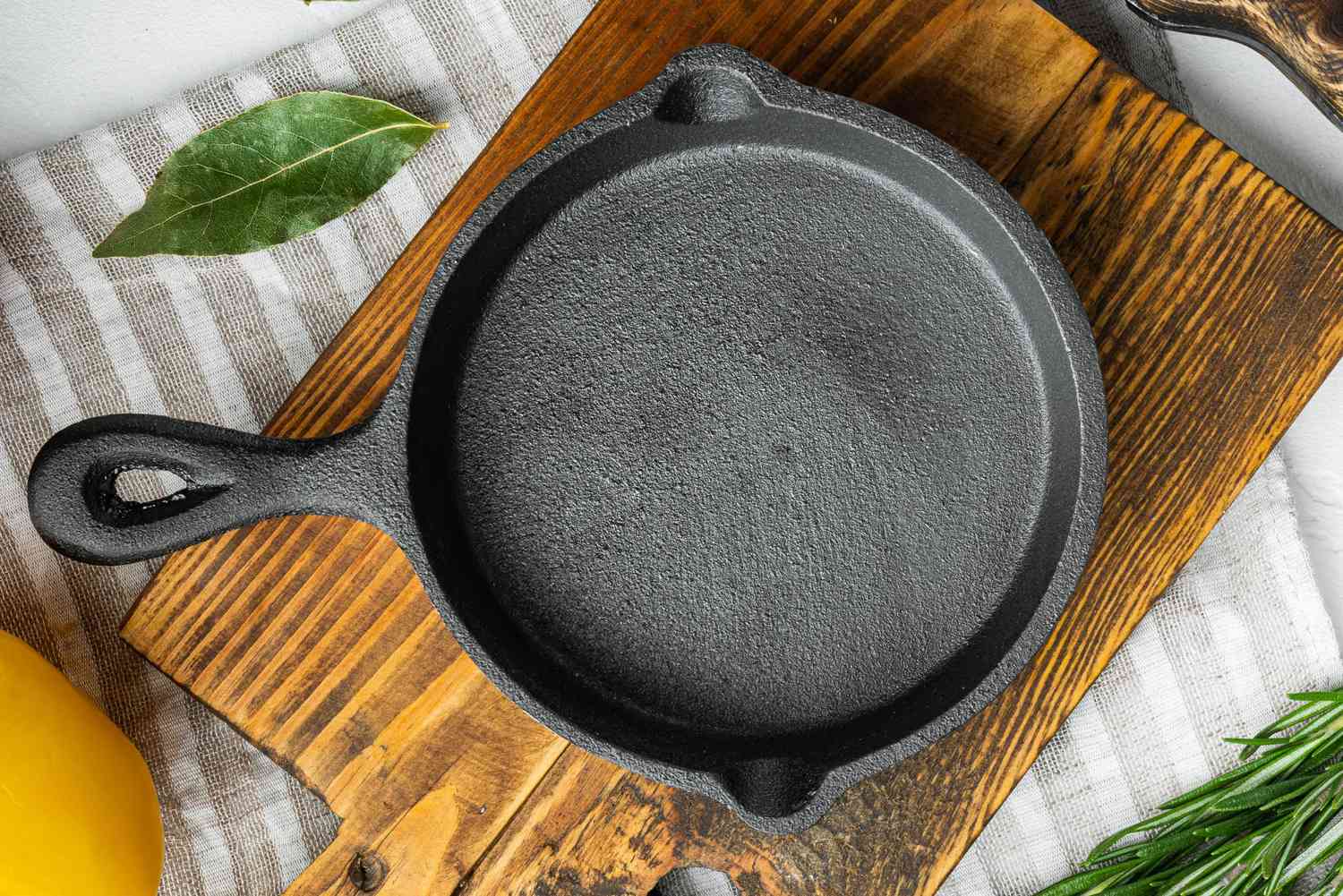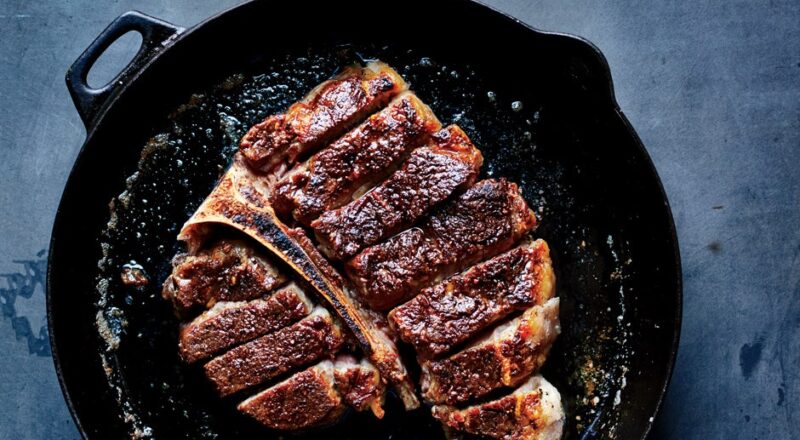Seasoning a cast iron skillet after washing is crucial for maintaining its longevity and non-stick surface. This article will detail how to season cast iron skillet after washing to keep it in optimal condition.

What is Seasoning?
Seasoning is the process of applying a thin layer of oil to the surface of the skillet and heating it to create a non-stick coating. This not only prevents food from sticking but also protects the skillet from rust and wear.

Importance of Seasoning Your Skillet
Properly seasoned skillets offer a tremendous cooking experience. Imagine delighted guests savoring food cooked in an approved and well-seasoned skillet that enhances flavors.
Longevity
Seasoning your cast iron skillet after every wash extends its life. A well-maintained skillet can be passed down through generations.
Non-Stick Surface
A properly seasoned skillet provides a natural non-stick surface, reducing the need for excessive oil or butter when cooking.

Step-by-Step Guide to Seasoning
Learning how to season cast iron skillet after washing involves several meticulous steps. Follow these to achieve a terrific seasoning.
Step 1: Wash and Dry Thoroughly
After cooking, wash your cast iron skillet with warm water and a brush. Ensure to dry thoroughly with a lint-free cloth or paper towel. Any moisture left can lead to rust.
Step 2: Apply Oil
Evenly apply a thin layer of a high-smoke-point oil, such as vegetable oil, flaxseed oil, or grapeseed oil.
Step 3: Heat the Skillet
Place the oiled skillet upside down in the oven and bake at 450-500F for one hour. This polymerizes the oil, forming a hardened surface.
Step 4: Cool Down
Allow the skillet to cool in the oven. After cooling, it is ready for use or storage.
Maintaining Your Skillet
Avoid Soaking
Never soak your cast iron skillet. This can lead to rust and damage the seasoning.
Store Properly
Store your skillet in a dry place to prevent moisture build-up. You can place a paper towel inside to absorb any possible moisture.
Regular Seasoning
Regularly reapplying oil ensures that the skillet remains non-stick and free of rust.
Common Mistakes to Avoid
Avoid common pitfalls when seasoning your skillet to ensure long-term usability.
Using Too Much Oil
Too much oil can lead to a sticky surface instead of a smooth one. Apply a thin, even layer.
Not Heating Enough
Failing to heat the skillet adequately prevents proper polymerization, leading to poor seasoning.
Skipping Washing
Always wash your skillet after every use to prevent residue build-up that can interfere with seasoning.
FAQ Section
How often should I season my cast iron skillet?
It’s best to season your cast iron skillet after every use for the best results, but at a minimum, aim for once a month.
Can I use soap to clean my cast iron skillet?
Yes, mild dish soap can be used, but avoid abrasive cleaners that can strip the seasoning.
What oil is best for seasoning?
Use high-smoke-point oils such as flaxseed, vegetable, or grapeseed oil for effective seasoning.
As an Amazon Associate, I earn from qualifying purchases.
For more detailed cleaning guides, visit How to Clean a Cast Iron Skillet.

